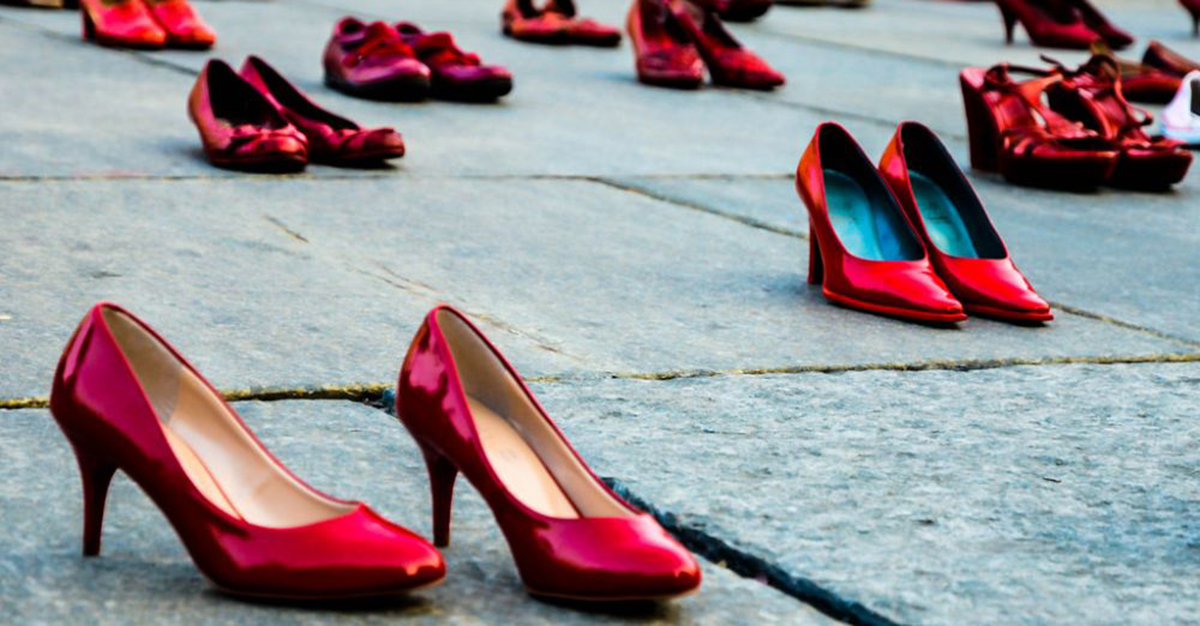IT | EN
The European project Never Again kicks off on the 2020 International Day against Violence on Women, which aims to transform the approach and professional culture of the judiciary, law enforcement and media system when dealing with domestic and gender-based violence, protecting and accompanying women victims of male violence.
The Vanvitelli University is the leader of this project, which aims to combat the phenomenon of secondary victimization in the context of male violence against women. Women victims of violence, often become victims once again, during their path of reporting before the courts, in the social context where they live and work, in the representation given by the media and journalists. This happens very often due to poor training and information of the subjects with whom they interact.
Teresa Bene, professor at the Vanvitelli University and coordinator of the Never Again project – explains - “the project was born as a response of a group of institutions and organizations to the complaints of GREVIO, the Group of experts of the European Council, which in its Report on the application of the Istanbul Convention in Italy, published in January 2020, highlighted the dramatic persistence of sexist prejudices and stereotypes that lead to re-victimizing women who have suffered violence, both in courtrooms and in the media ”.
The project therefore aims to improve the gender sensitivity of the judicial system towards women victims of violence, to respond more adequately to the rights and needs of victims of male violence; strengthen the skills of professionals in the justice system who come into contact with women victims of violence; contribute to a more effective implementation of the legal provisions on violence against women at national and European level, fostering an approach that focuses on victims and their rights. Furthermore, the plan aims to sensitize journalists on the importance of abandoning dominant social representations through a change in the use of language in reporting stories concerning women victims of violence and to raise awareness of the socio-cultural roots of the phenomenon in order to eradicate gender stereotypes.
The project rests on two fundamental pillars: training and communication. In fact, a training course will be developed for law enforcement representatives, justice professionals and journalists on the prevention of the phenomenon of secondary victimization and communication and awareness raising activities will be carried out.
In particular, the training activities will involve 100 police officers, 200 justice professionals and 50 journalists. Communication and awareness-raising activities will take place during the entire project, involving a much wider audience.
Among the many planned activities, the project will bring an interactive theatrical show to 10 Italian cities, designed to raise public awareness on the issue of secondary victimization. The theatrical performance will stage a simulation of the violence process to show how often the language used in the courtroom reinforces gender stereotypes. From this performance, a script will be drawn up for future adaptations in other countries, to be used not only in the theatre but also as part of a teaching methodology for the training of justice system agents.
Never Again is a project co-funded by the Rights, Equality and Citizenship programme of the European Union, led by the Vanvitelli University, and carried out in partnership with D.i.Re - Donne in rete contro la violenza (Women in the network against violence) - , the largest national association of anti-violence centres, Il Sole 24 ore and in particular its online newspaper AlleyOop dedicated to the condition of women, M.A.S.C., the Socio Cultural Artistic Movement specialized in participatory artistic projects, Maschile Plurale, a group that was the first in Italy to start a reflection on gender-based violence from the perspective of men, and Prodos Consulting, a consultancy firm specializing in European planning and distance learning.
Information and contacts:
Coordinator:
prof. Teresa Bene, Department of Law Questo indirizzo email è protetto dagli spambots. È necessario abilitare JavaScript per vederlo.
Components:
prof. Roberta Catalano, Department of Law, Questo indirizzo email è protetto dagli spambots. È necessario abilitare JavaScript per vederlo.
prof. Marianna Pignata, Department of Law, Questo indirizzo email è protetto dagli spambots. È necessario abilitare JavaScript per vederlo.





